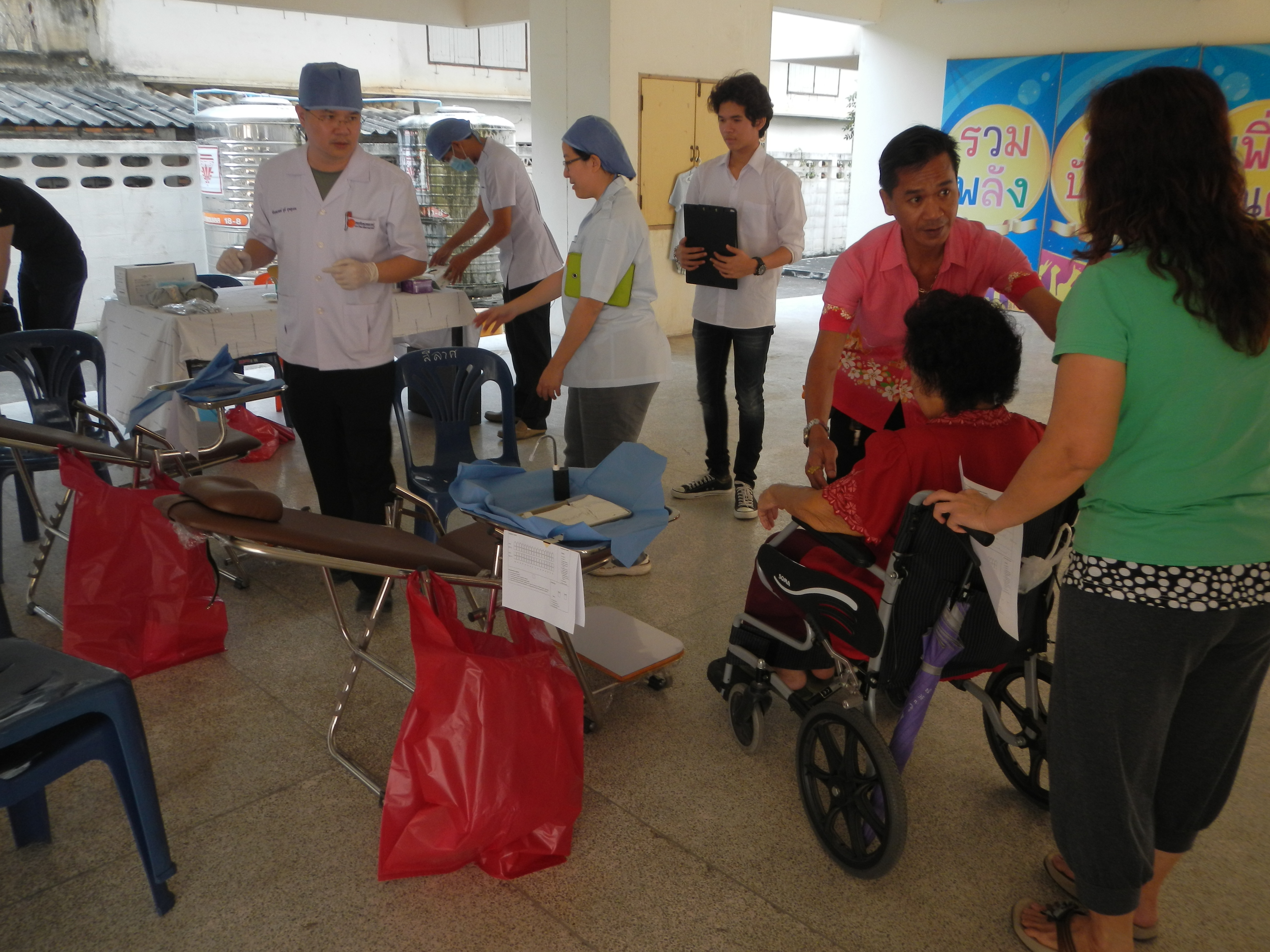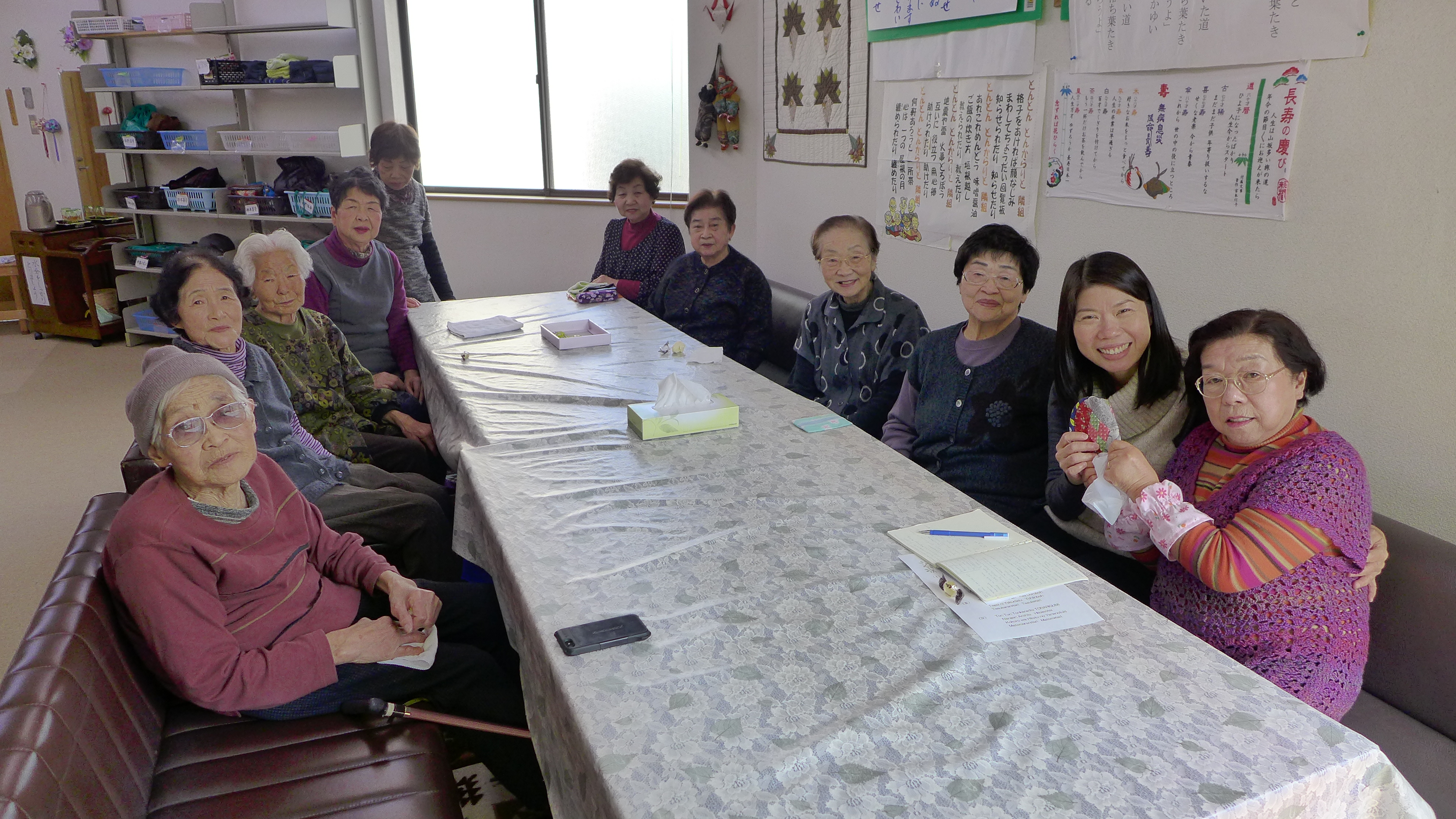- Project Leader:Kimura Yumi (Kyoto University, Center for Southeast Asian Studies)
- Collaborators:Sakamoto Ryota (Kyoto University, Center for Southeast Asian Studies)
- Kwanchit Sasiwongsaroj (Mahidol University, Research Institute for Languages and Cultures of Asia)
- Ishimoto Yasuko (Mie University, Graduate School of Medicine, Course of Nursing)
Outline of Research
This study focuses on “frailty” among the elderly and explores its association with social background. We will conduct a field survey and qualitative interviews in Japan and Thailand to examine the multiple aspects of frailty, including mental health and nutritional status. We expect to identify options for care prevention in line with the regionally specific characteristics of frailty.
Description
As a result of rapid population aging, Southeast Asia is currently faced with the serious social issue of caring for the elderly. Frailty is defined as a geriatric syndrome of being physically dependent. Although the importance of detecting frailty is critical to preventive care, diagnostic standards remain controversial.
The study will detect frailty among elderly people living in Japan and Thailand using a comprehensive geriatric assessment that includes evaluation of nutrition status, mental status, and social background in addition to physical functions.
Qualitative research utilizing anthropological methods will also explore what subjects recognize and/or feel about their own status. The research is significant not only for novelty of the data collected about prevalence of frailty in Japan and Thailand, but also in its analysis of the multiple aspects of frailty. It therefore has the potential to raise issues around frailty in the community by analyzing regionally specific characteristics. For example, Japan has established national public welfare services such as long-term care insurance while Thailand does not have such services but maintains strong support networks at the community level. A comparative study will reveal how differences in social backgrounds and support services impact frailty. The study is therefore expected to provide insights into how to address the issues of frailty and aging.
 Oral health check in Thailand |
 Interview at the elderly volunteer club |
